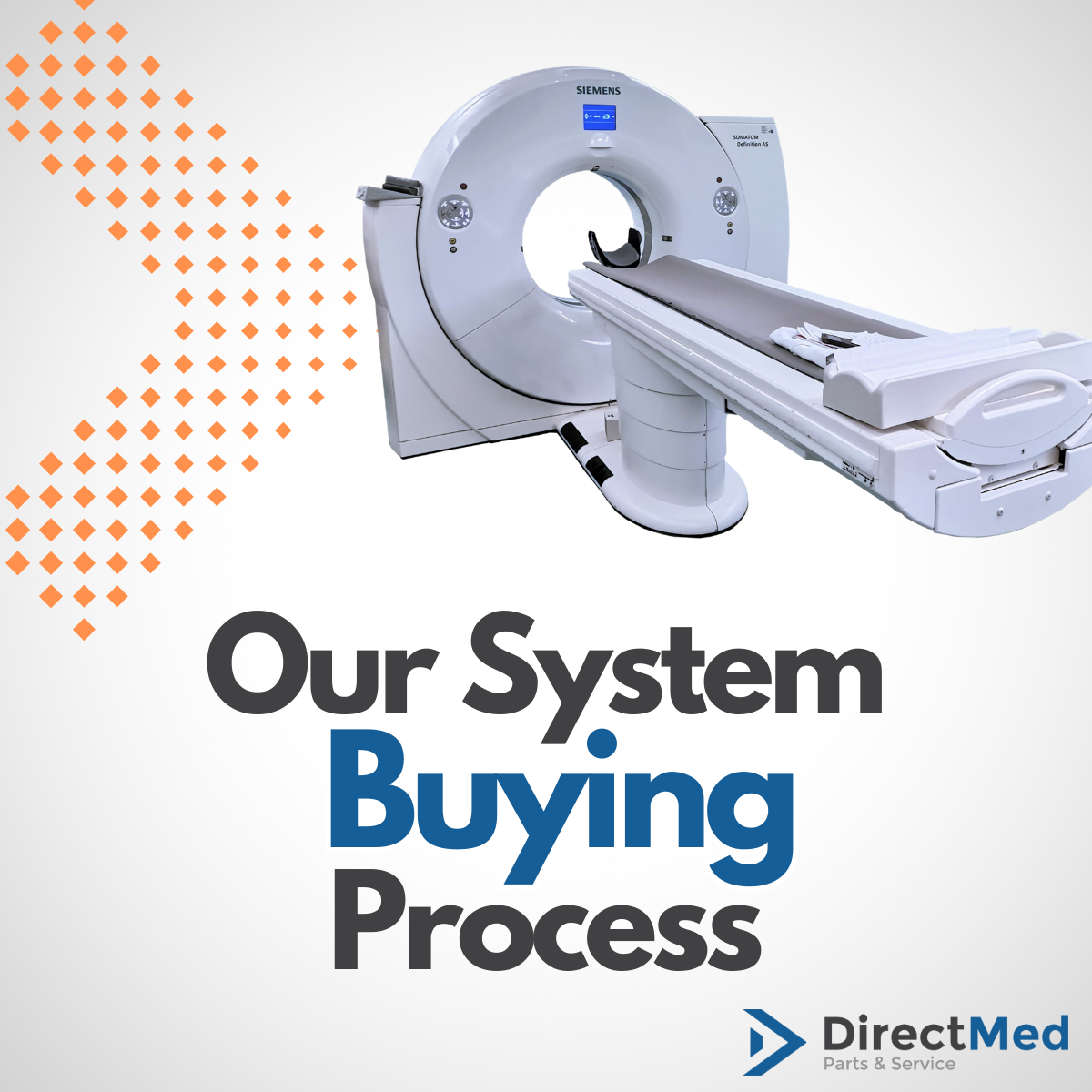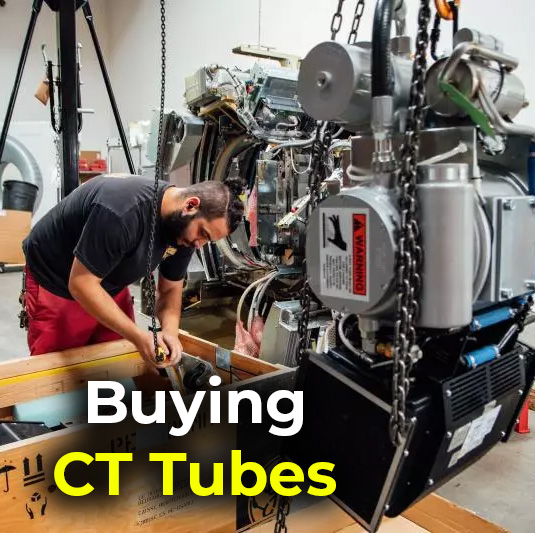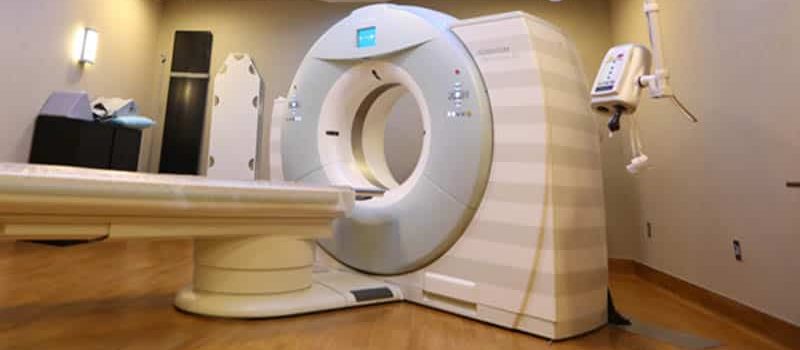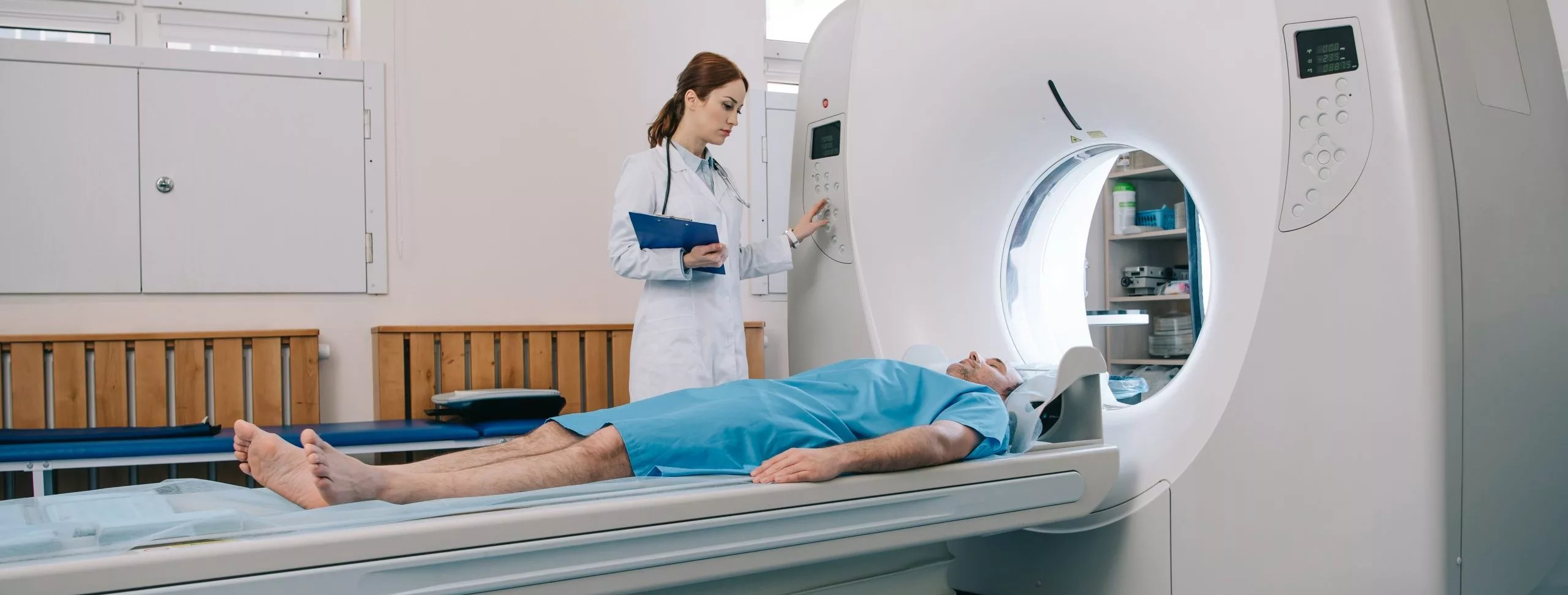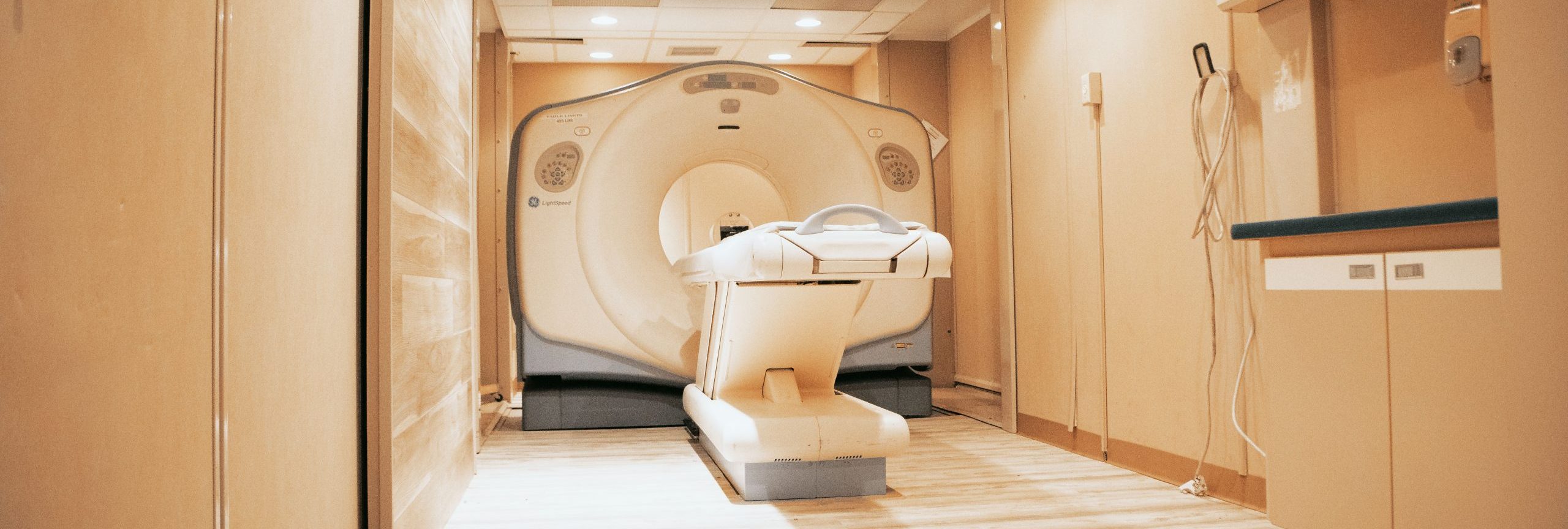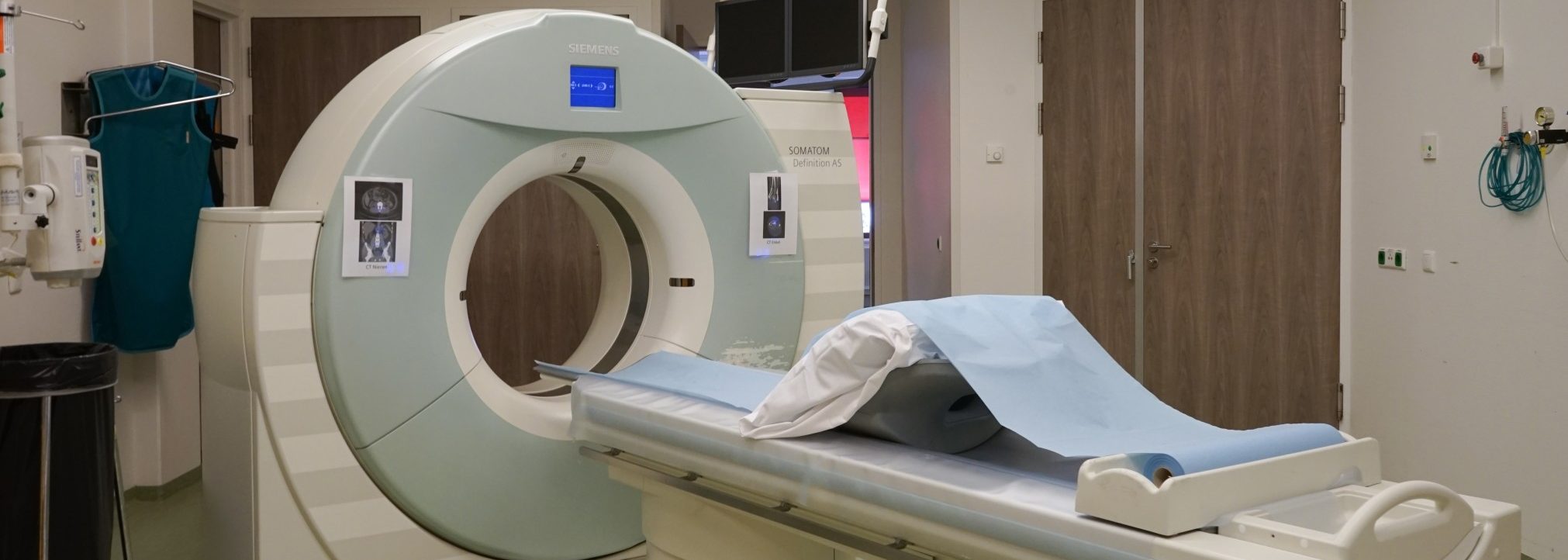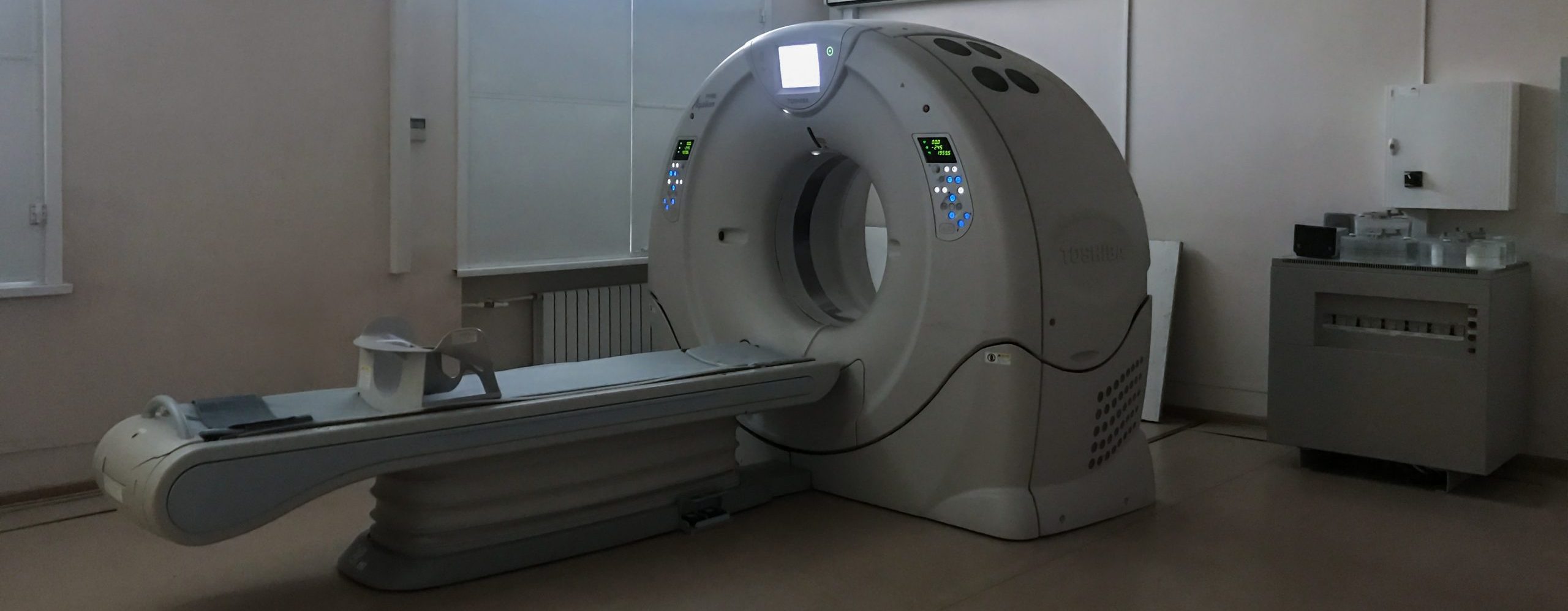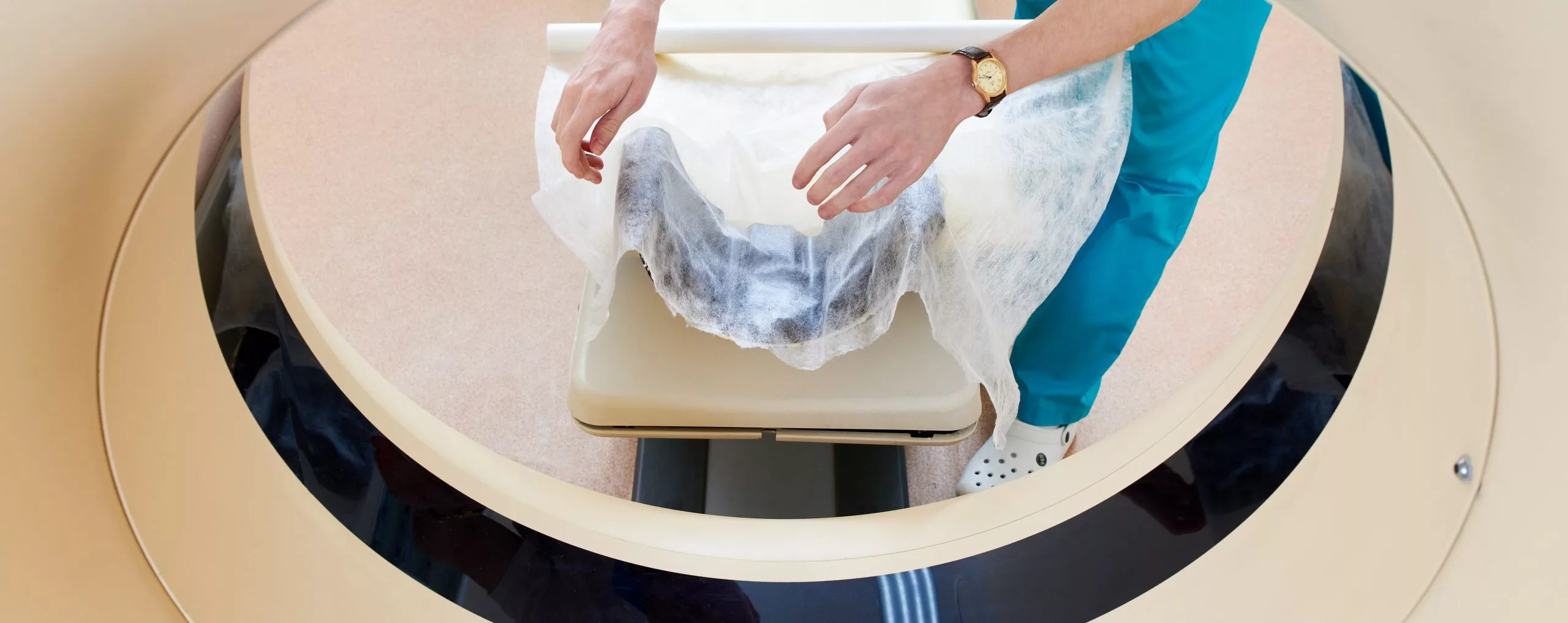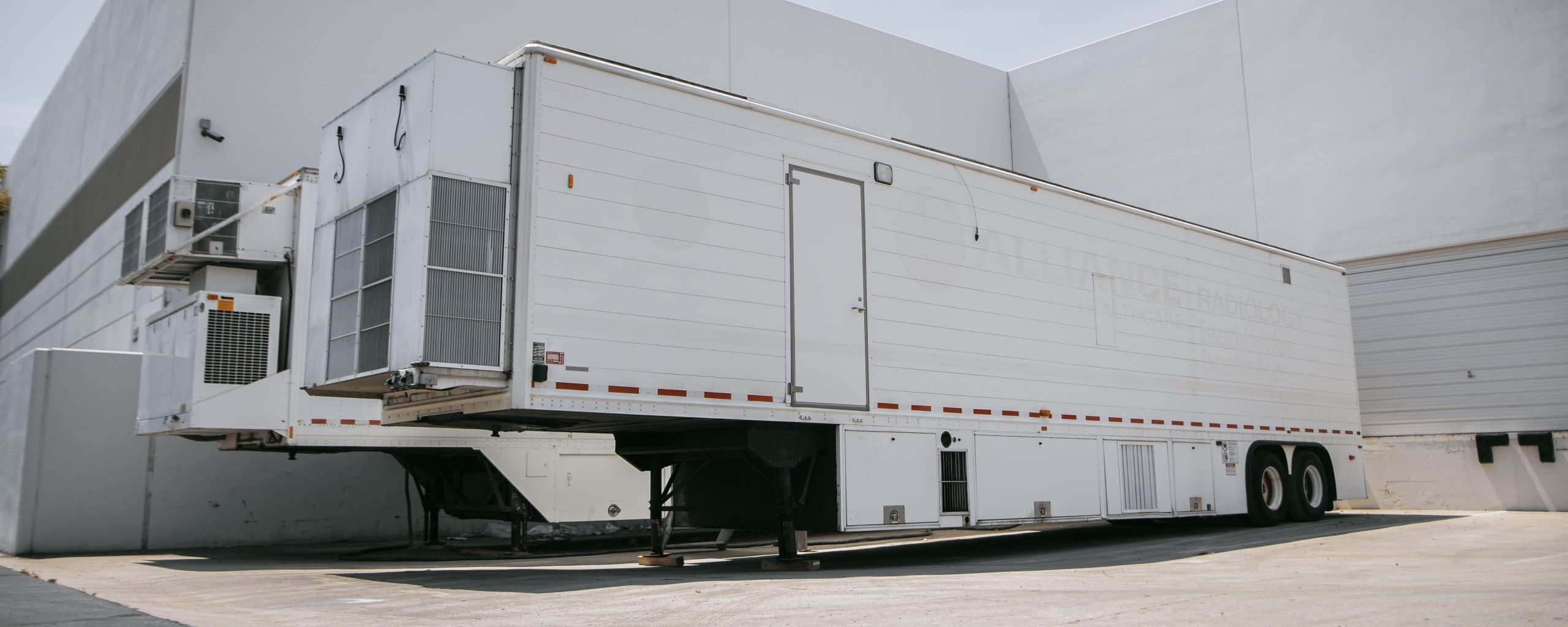Equipping your facility with the best medical equipment is always a priority, but choosing the machines is often an overwhelming process. You’ll have to decide on a budget and strike a balance between your facility’s needs and what you think to be the best CT scanner around. There are other things you’ll need to consider as well, such as your intended uses, the CT scanner’s strength, how many patients your facility expects to see, and many more.
If you aren’t a medical physicist or a radiology machinery expert, determining all of this can be challenging. Luckily, we’ve outlined some of the fundamentals of buying the appropriate CT scanner for your needs. Here’s what you need to know about finding the right CT scanner for your facility:
Prices
CT scanners are significant investments that can easily reach nearly half a million dollars. However, you’ll have to consider more than just the machine’s price tag; installation costs can quickly rack up the total amount. If you end up choosing a CT scanner that’s too large for the dedicated space, you’ll also need to allocate enough money for renovation expenses.
Another factor that affects prices is the machine’s slice count. A 1 to 4 slice CT costs $50,000 to $90,000, while a 6 to 10 slice CT costs $70,000 to $95,000. Meanwhile, a 16 to 40 slice CT starts at $90,000 and can go up to $160,000, and a 64 slice CT ranges from $120,000 to $350,000.
Slice Count
CT scanners come in different slice counts, which serve various purposes. It’s also one of the most critical features of a scanner that is crucial to understand since it functions like the machine’s engine, as higher slice counts mean faster scan times and higher quality images. However, some slice counts, like 128 to 320-slice, are more suitable for research or cardiac institutions.
A 4-slice CT, like the Siemens CT Sensation 4, is ideal for veterinarians or for imaging centers that don’t cater to a large volume of patients. They also do well for urology practices or other facilities that need the CT scanner infrequently, such as one or two times a week. A 16-slice CT is a happy medium for most facilities that accommodate a higher number of patients while offering reduced scan times. These machines are often found in emergency rooms, urgent care centers, hospitals, and high-volume imaging centers. Examples of this slice count include the GE CT Brightspeed 16 and Philips CT Brilliance 16.
On the other hand, a 64-slice CT, like the Toshiba CT Aquilion 64, is most suitable for high-volume critical care environments that deal extensively with cardiac and trauma cases. Finally, a 128-slice CT, such as the Siemens CT Definition 128, is best for cardiac or research institutions.
Dose Optimization
Given the increased demand for lower radiation exposure in medical procedures, dose optimization is another essential factor to consider when choosing a CT scanner for your facility. Many CT manufacturers have devised enhanced dose modulation techniques to accommodate this, such as more beam filters, boosting detector dose efficiency, and creating reconstruction algorithms to adapt to lower x-ray tube currents.
Some CT scanners come equipped with dose optimization features, which you may want to look for when browsing machines.
Conclusion
CT scanners are complicated machines that can help medical professionals save lives. If you’re hoping to buy a new one for your facility, these are some of the most important factors you must consider. They can help you find a well-performing machine while sticking to your budget.
DirectMed Parts is the leading supplier of MRI and CT parts and coils. From GE MRI parts to Philips CT parts, we have what you need to make your machine perform more efficiently despite its age. Contact us today to find out how we can help you upgrade your MRI system!

